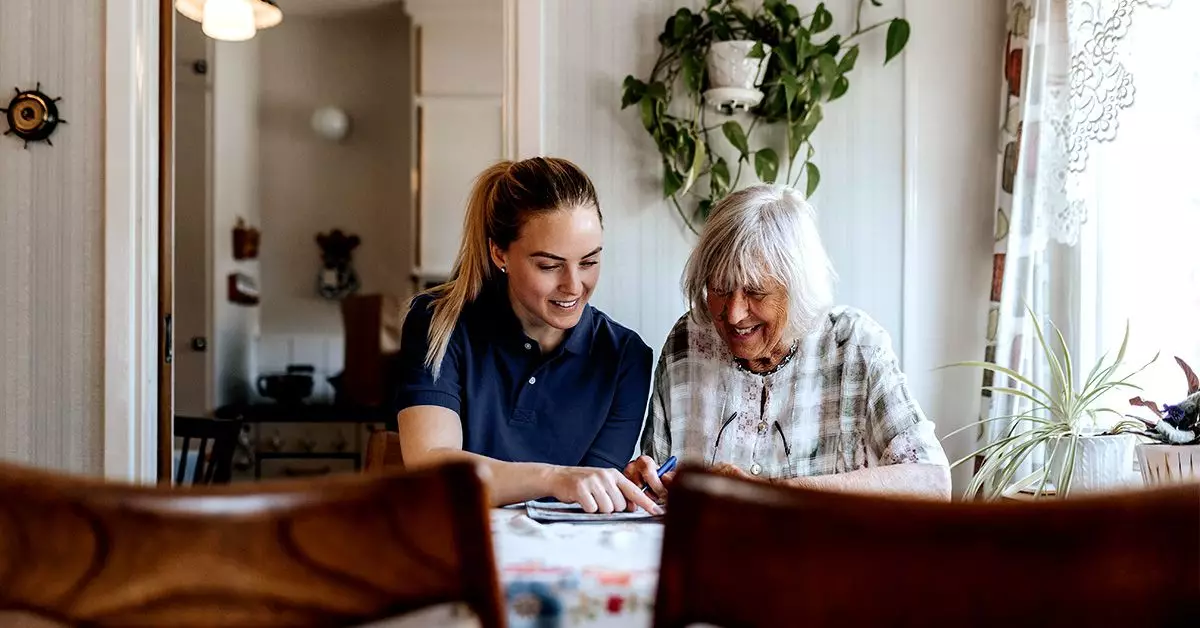Creating a care plan is a crucial step in providing effective support for loved ones, especially when they face health challenges. The complexity of the plan can vary greatly depending on individual circumstances, making it essential to customize each plan to fit specific needs. A one-size-fits-all approach rarely yields beneficial outcomes; therefore, the caregiver’s active engagement in crafting a personalized strategy is paramount.
A vital part of developing a care plan is observation. Caregivers should attentively watch their loved one’s behaviors, preferences, and reactions to medications. Taking detailed notes on what foods are enjoyed and what they prefer to avoid can streamline meal preparation and enhance the quality of life. Additionally, monitoring how medications are affecting the individual—whether positively or negatively—provides valuable data that can be relayed to healthcare professionals. By sharing these insights, communication with the medical team is improved, ensuring that care can be adjusted when necessary.
Effective care management also involves having organized resources at one’s fingertips. Caregivers should make a comprehensive list of contacts and support services. This list might include doctors, specialists, therapists, and caregiving agencies, organized categorically to facilitate quick access in times of need. In emergencies, having immediate contact information for medical professionals and pharmacies can save crucial time and enhance safety for the loved one receiving care.
Creating a safe living environment is an essential component of any care plan. Regularly assessing the home for potential hazards can help to identify risks that may provoke anxiety or injury. Simple tasks, like removing sharp objects from reach or securing rugs to prevent slips, can make a significant difference in ensuring the well-being of the individual. Moreover, caregivers should continually evaluate their surroundings to anticipate their loved one’s needs. This anticipatory approach can reduce incidents of harm and foster a comforting atmosphere.
Caregiving is not a static role; it requires ongoing learning and adjustment. As situations change, caregivers must remain proactive in updating their plans to reflect new health developments or shifts in preferences. Researching best practices and modifications to accommodate the evolving needs of the individual can empower caregivers. By staying informed about new methods and tools in caregiving, they can ensure that their approach is effective and compassionate.
Crafting a personalized care plan hinges on a caregiver’s observational skills, systematic organization, proactive safety measures, and continual adaptation. By centering the care plan around the individual’s unique needs and circumstances, caregivers not only improve the quality of care but also enhance the overall experience for both themselves and their loved ones. A thorough, well-thought-out care plan serves as both a roadmap and a safeguard—ensuring comfort, safety, and improved well-being.

